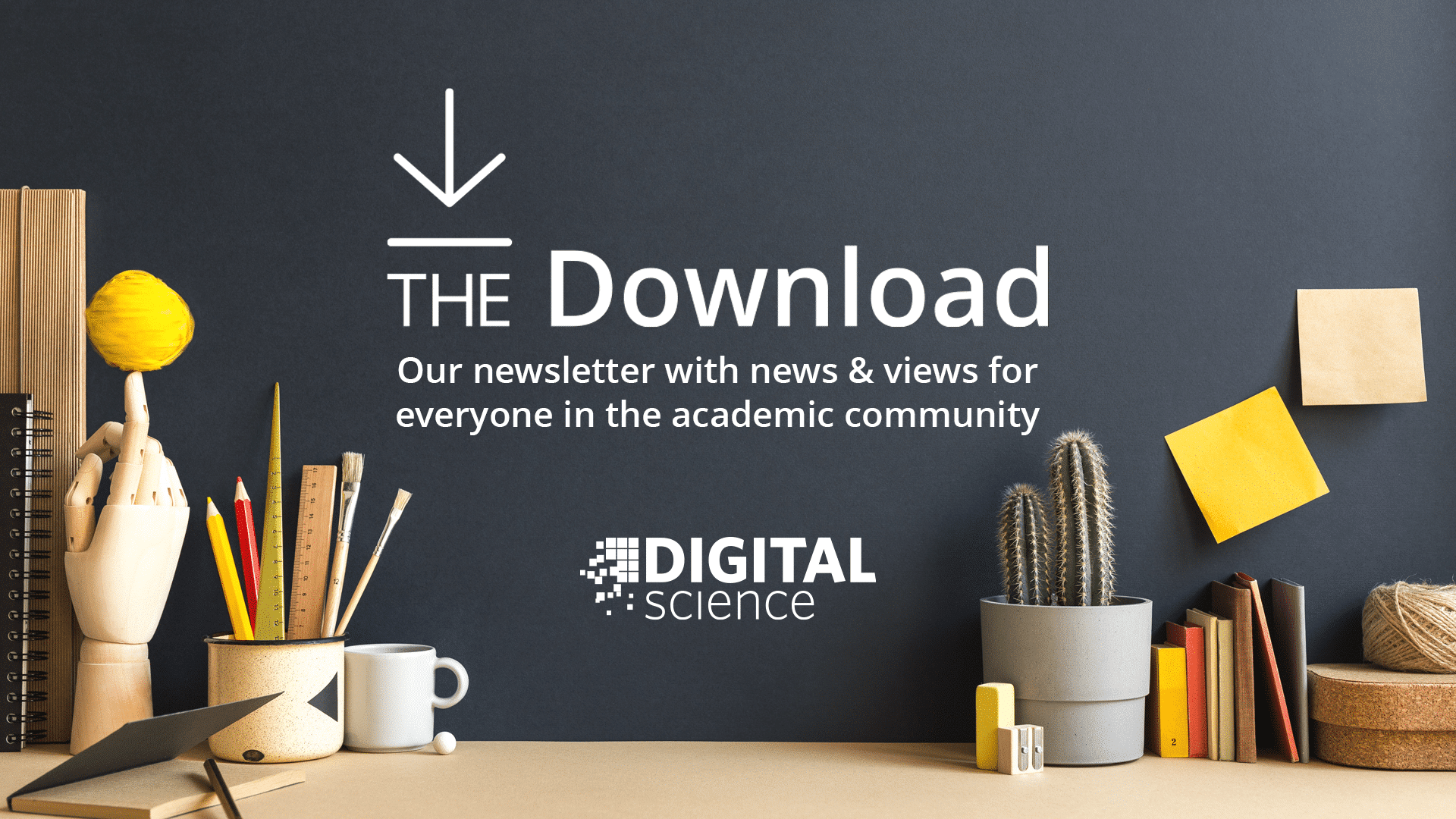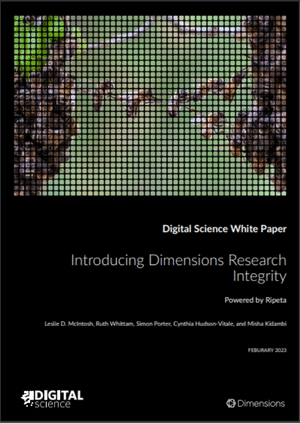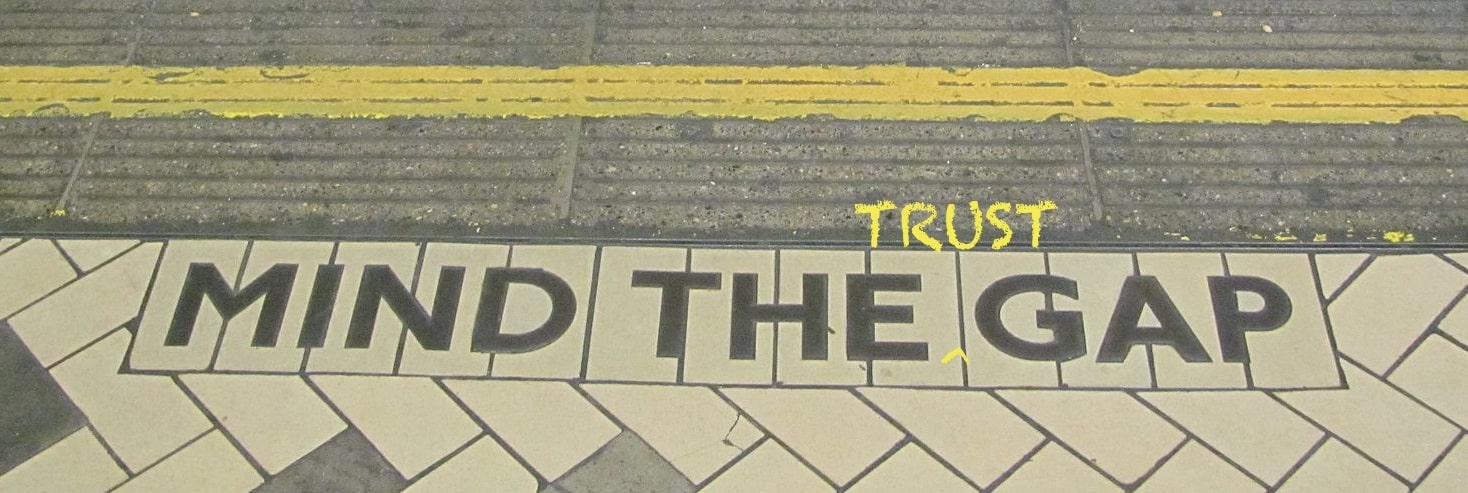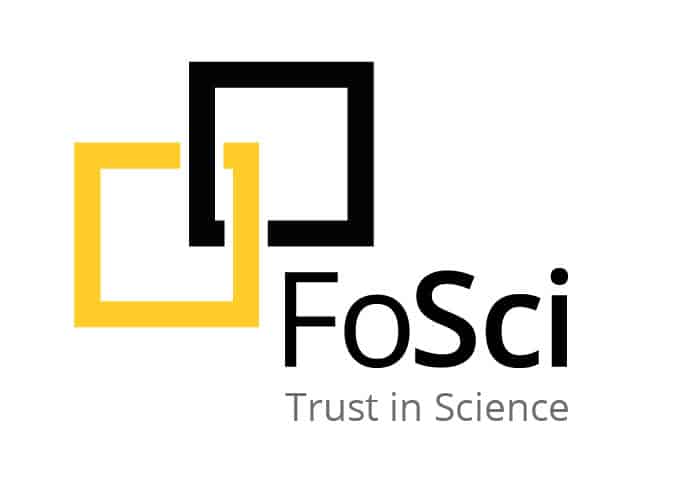
Supporting research integrity
Research integrity will be a dominant theme in scholarly communications over the next decade. Challenges around Generative AI, paper mills and fake science will only get thornier and more complex.
On this page
How can I best support researchers in assessing the quality and trustworthiness of research?
The scientific community produces a staggering body of work each year. Yet 50-85% of published research is unreproducible.
Using a combination of Natural Language Processing and machine learning, Dimensions Research Integrity enables you to extract key information from the full text of papers to provide customized reports and dashboards that help you to assess the trustworthiness of research to improve reproducibility and integrity.
How can I help foster trust in our research?
For those involved in research communications, the integrity and trustworthiness of research are as important as the attention and citations it receives.
Dimensions has created the world’s largest research integrity datasets, identifying over 200 million trust markers – the hallmark of responsible research – to help you to assess the transparency and reproducibility of published research. Not only that, but Dimensions interconnected research data provides you peace of mind and results you can trust thanks to a 360 view of the research ecosystem.
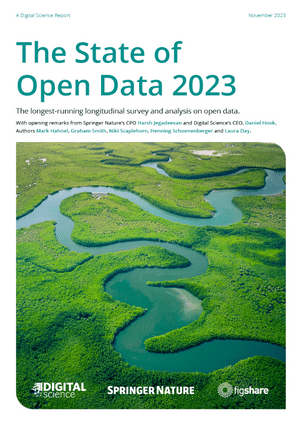
How can I champion open and transparent research?
Ensuring research data is shared in a trusted repository and is as FAIR (Findable, Accessible, Interoperable and Reusable) as possible works to bolster the integrity of published research.
Implementing reliable repository infrastructure for your researchers means research data can always be as open as possible (or as closed as necessary) and truly available, not just ‘available on request.’
How can I prevent researchers from using retracted research?
Articles can be retracted years after publication, due to problems such as research errors, plagiarism, data fraud, or fabrication. Ensure your researchers can easily avoid retracted research with Papers.
Papers imports data from Retraction Watch, an initiative of the nonprofit Center for Scientific Integrity, to track and document research that has been retracted by either the author or publisher. If research is retracted, your Papers library will automatically update the article’s metadata to reflect the retraction warning – making it easy for researchers to avoid retracted literature.
Research integrity is a towering and sustained problem for all stakeholders in the research community, and unfortunately this leads to public mistrust in research and its funding. It’s estimated that in the US alone, tens of billions of dollars are spent on results that are neither reproducible nor transparent. Our new Dimensions Research Integrity app has been designed as the world’s first cross-publisher, cross-institution, cross-funder research integrity app, so we can provide maximum benefit to those most affected.
Leslie McIntosh | VP Research Integrity | Digital Science
Latest insights
A Digital Science-conducted investigation into 11 papers used in court evidence has implications for both science and the law.
How do we hold on to the sanctity of science and ‘mind the trust gap’ that some perceive?
A new field has emerged where academic ‘sleuths’ use publication data to unearth breaches of ethics
Learn how trust markers can give research a level of transparency within a publication and reduce reputational risks
Our latest insights delivered straight to your inbox
Sign up for our newsletter to stay updated on the latest developments in the research ecosystem, as well as insights into the latest news from Digital Science.
